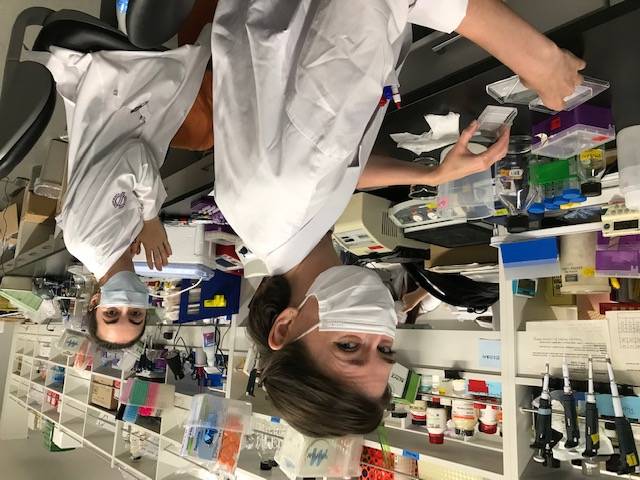Although Ukrainian biochemist Tetiana Yatsenko began her two-year stay as a postgraduate researcher at Tokyo’s Juntendo University in March, the first two months were almost entirely occupied by her efforts to help others arrive safely in Japan from her homeland, which has now endured over six months of war since the Russian invasion began on Feb. 24.
Alongside her research supervisor Beate Heissig, specially appointed associate professor of medical science at Juntendo, Yatsenko played a key role in helping the university set up and organize a fellowship for Ukrainian medical professionals, students and researchers as part of Juntendo University Hospital’s Clinical Observership Program.
“We mainly contacted people from the most endangered cities, from eastern, northern and southern Ukraine, especially students, to provide them the possibility to have a safe education,” she said. “We view it as a chance to exchange their experience with Japanese students and doctors, and that's how we organized participation.”
















With your current subscription plan you can comment on stories. However, before writing your first comment, please create a display name in the Profile section of your subscriber account page.